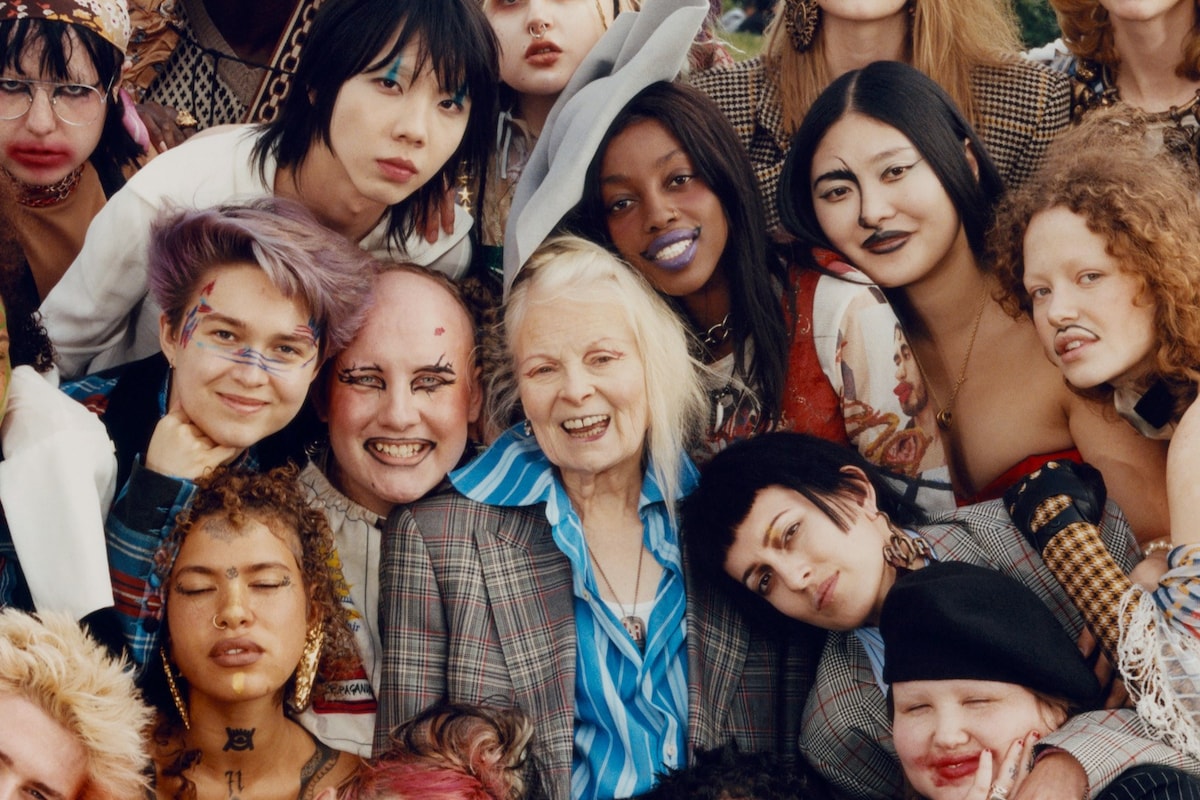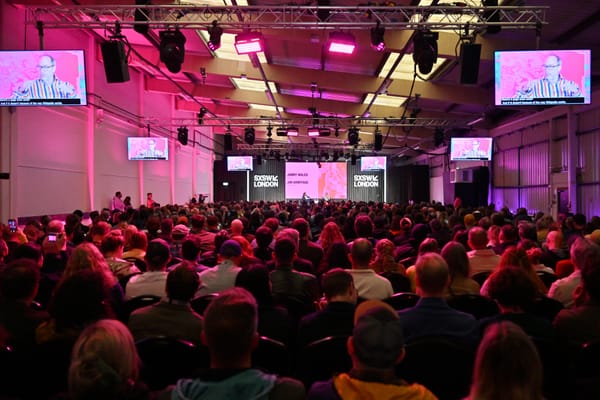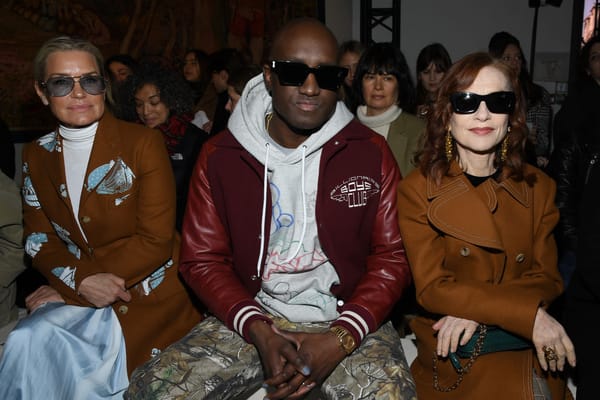Patience is a virtue

"Nowness" culture and the power of now
Lately, we’ve been thinking about Nowness culture; by that we mean the era of instant gratification. The desire and addiction for everything on demand. A constant state of immediacy which keeps us hooked on what's happening right now, prioritising the present, all accelerated by technology and social media.
In a world ruled by consumer capitalism, goods, services, labour and even love are only a click and a swipe away. In infinite tiny ways, our lives have been made easier. Or have they?
As economist Herbert Simon pointed out during the tech boom in the 1970s, when information becomes abundant, attention becomes a scarce resource. Consider your own shortening attention spans. The increasingly rapid ways you consume content. The ever-churning trend cycle in which new becomes old news in mere minutes. In this world of constant motion, everything can feel fleeting, ephemeral — perhaps even overwhelming.
The stats of the matter
- The average attention span in 2022 was found to be 8 seconds, a decline from 12 seconds in 2000, supporting the rise of quick, consumable content. (Demand Sage)
- 90% of consumers rely on social media to keep up with trends and cultural moments, indicating a desire to stay informed in real-time. (Sprout Social)
- 91% of ecommerce shoppers choosing where to buy based on next-day delivery optoins, rising to 97% for those who shop more than once a week. (Amazon)
- 95% of people aged 16 to 24 years old own a smartphone and check it on average every 12 minutes. (Ofcom)
Nowness culture: a youth perspective
Last week, we expanded our newsletter into a live format when Izzy Farmiloe, Strategy Director of Dazed Studio hosted The Echo Chamber Live. We heard directly from the next generation with a live focus group with Gen Z voices from around the world exploring their social - or not-so-social - lives. Missed it? You can watch (or re-watch) The Echo Chamber Live: Anti Social Lives, here.
So how are young people around the world thinking about Nowness culture today?
Inconvenience as resistance
The Insight: Our Gen Z panel told us they are resisting the convenience of Nowness culture. And they’re actively trying to change their behaviour and awareness.
“There is a level of convenience that takes us away from what really matters… We need to tap into the inconvenience of going to the grocery store, having to order food at a restaurant, and feel like we are connecting with people on a daily basis.”
— Laiyonelth Hurtado, artist, community builder, sustainability advocate, New York
The Insight: They told us about a resurgence in board games as offline, as real world activity becomes counter movement to a life lived chronically online.
“Being in a chess club for over a year now, I've learned how to find more balance in my relationship with technology and real connection. The game itself is intellectually stimulating and pulls me into the present moment. It allows for comfortable conversation with anyone from long time friends to complete strangers. The more we are exposed to positive in-person connections, the easier it is for our anxious generation to let go of their fears of intimacy and embrace real community.”
— Kara Shahanan, Fashion Branding and Marketing Student, London
But where do we go next?
We can’t escape the power of tech — and artificial intelligence. Nor can we escape the influence it has on the subconscious and conscious mind. Because research shows that it’s already affecting human cognition and brain function.
Digital tech trains users to continually, constantly multitask. Basic communication find us through emails, Slacks, gChats, WhatsApps, iMessages, Instagrams, Snaps, TikToks, Zoom calls. Research shows that this behaviour may reduce our memory retention and attention spans, perhaps contributing to the fact that ADHD diagnoses are higher than 10 years ago. See also; popcorn brain, a term coined in 2011 by University of Washington researcher David Levy referring to a mental state featuring “a fragmented attention span, scattered thoughts, and rapidly switching from one topic to the other without hesitation."
The age of outsourcing
“Is there anything that we have not outsourced? Have we not outsourced our brains to our smartphones, our dating choices to algorithms? Corporations have outsourced their warehouses, their cars, their services, their people, their products.”
— Matthew Syed, Sideways, BBC Radio 4
Tech’s AI revolution dangles a utopian future. We automate, outsource and delegate lower order tasks from our professional and personal lives to technology, and in exchange, we gain the freedom to focus on more interesting and creative tasks. In 2016, Novara Media co-founder Aaron Bastani published Fully Automated Luxury Communism: A Manifesto. Presenting a revolutionary new kind of politics – beyond work, scarcity and capitalism, Bastani proposed a radically new left future for everyone. A future in which new technologies would liberate us from work, providing the opportunity to build a society beyond both capitalism and scarcity. Automation, rather than undermining an economy built on full employment, would instead be the path to a world of liberty, luxury and happiness. Solar power would deliver the energy that we need, while asteroid mining would deliver the necessary resources, allowing us to end the devastation of our environment. Innovations in AI, gene editing, food technology would lead us to new ways of living better lives. But nearly a decade on, are we any closer to this utopian vision? Or moving further away from it?
Might be of interest
Former Google advertising strategist, Oxford-trained philosopher James Williams is the author of Stand Out of Our Light: Freedom and Resistance in the Attention Economy (2018). In it, he argues that in the attention economy, we need to recognise the fundamental impacts of our new information environment on our lives in order to take back control. You can read the book via Cambridge University Press, here.
In BBC Radio 4’s Sideways - 25 Years of the 21st Century: 3. The Age of Outsourcing, Matthew Syed and guests discuss some of the big changes this century. In this episode, he asks have we outsourced our memories to our phones?
One final thing
https://x.com/JesseCohenInv/status/1894479628770705436






